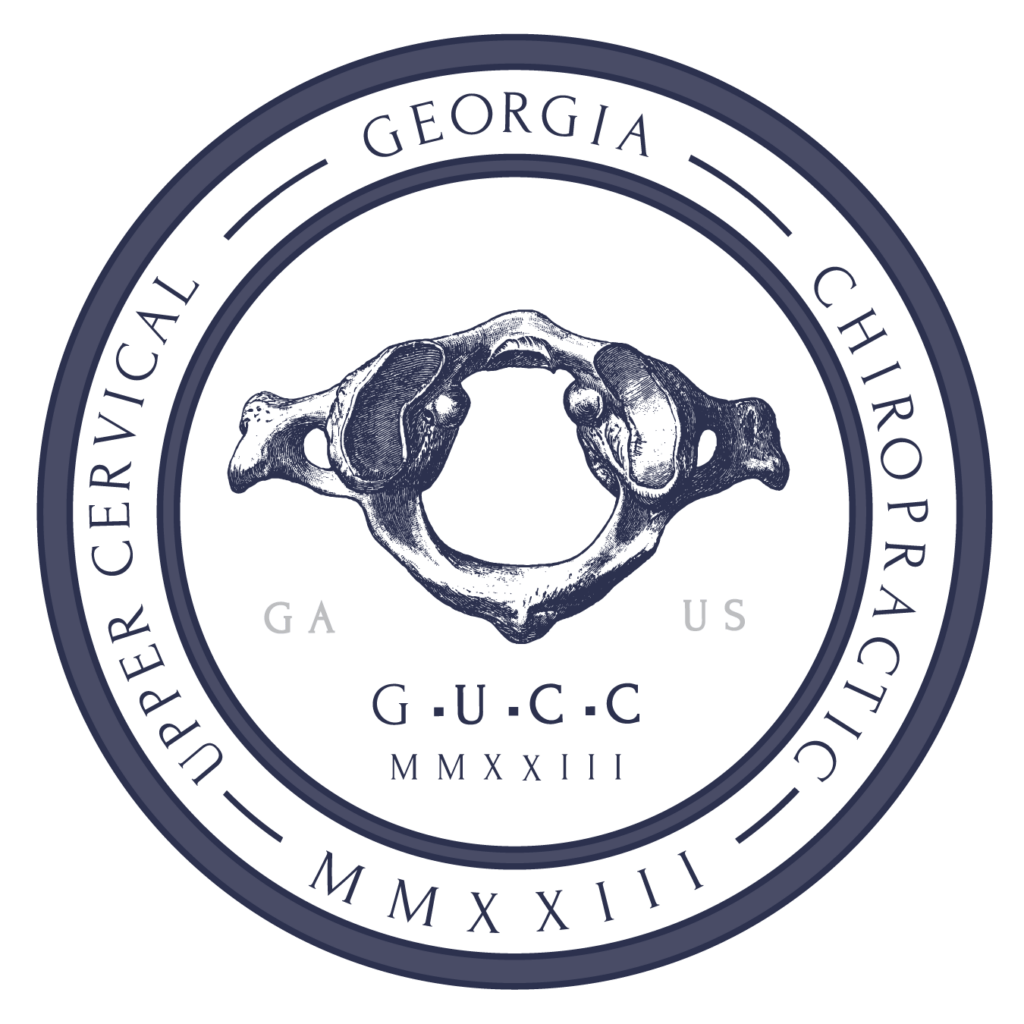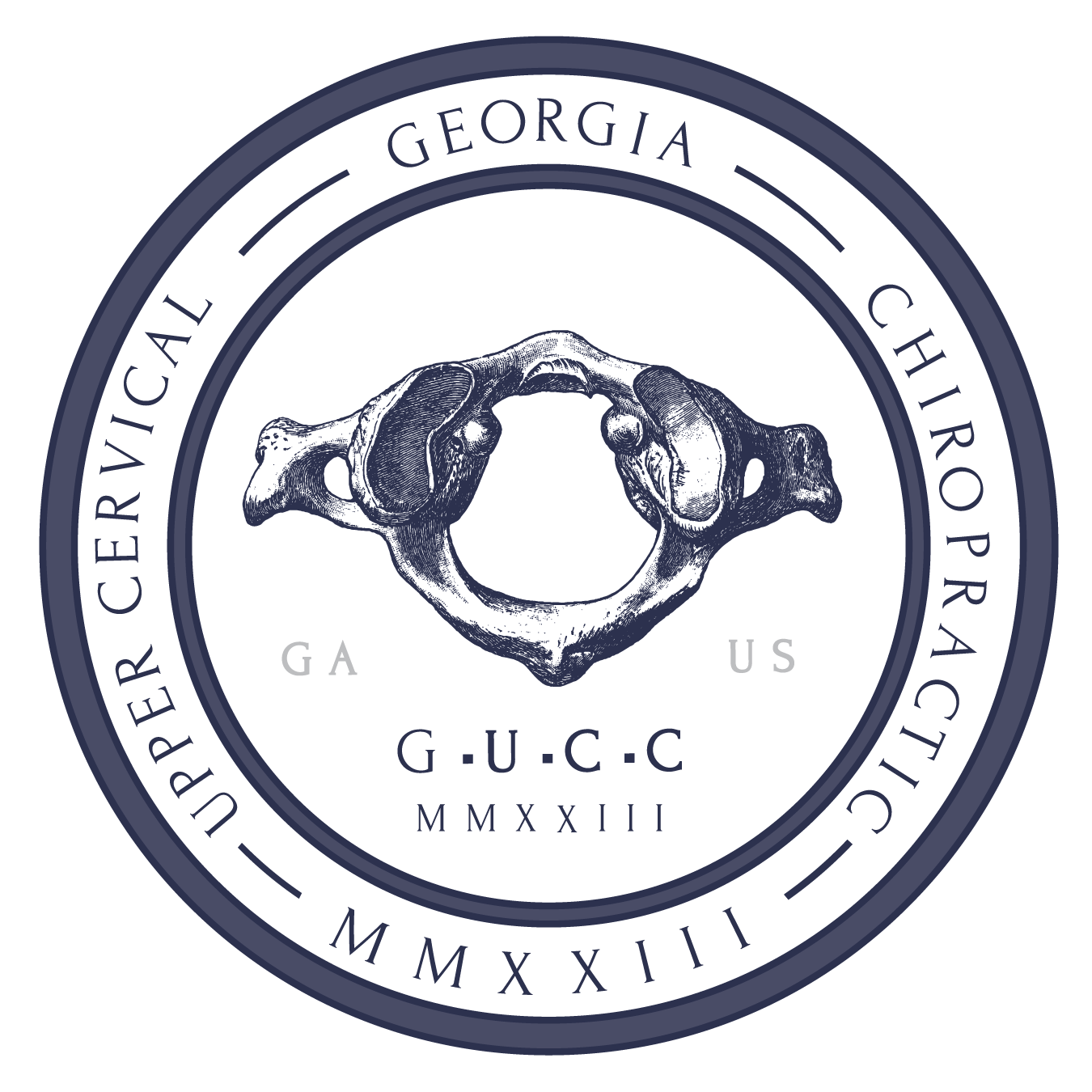Can Chiropractic Care Help With Vertigo?
Yes, chiropractic may address symptoms of one type of vertigo known as cervical vertigo. Chiropractic care, including spinal manipulation and adjustments, is very likely to help dizziness or balance problems, such as vertigo.
You may have experienced feelings of dizziness when it feels like the world is spinning. You aren’t sick or hungover. Why do you feel this way?
This kind of spinning sensation is more prevalent than you may realize. Though it may make you nervous, it is a very natural condition. Vertigo affects about 40% of adults at least once in their lifetime.
For those experiencing dizziness and balance problems, research suggests that a chiropractor may be able to help.
Vertigo Symptoms
Vertigo symptoms vary from person to person. Your symptoms could be minor or severe, depending on the root cause of your vertigo.
What is peripheral vertigo? Peripheral vertigo is caused by inner ear issues. It is the most common form of vertigo. A specific part of your inner ear (vestibular labyrinth) controls your balance. When there are inner ear issues, this can lead to peripheral vertigo.
What is central vertigo? Central vertigo is caused by central nervous system problems. Central vertigo ends more quickly than peripheral vertigo, but it is more commonly accompanied by other neurological symptoms. Often, central vertigo is caused by migraine or blood vessel conditions.
Symptoms of peripheral vertigo include:
- Dizziness
- Feeling like you’re spinning or moving, even though you’re still
- Difficulty focusing your vision
- Hearing loss in one ear
- Ringing in both ears (tinnitus)
- Sweating
- Vomiting or nausea
Symptoms of central vertigo include:
- Double vision
- Swallowing problems
- Paralysis of the face
- Problems with eye movement
- Speech slurred
- Weak limbs
Causes of Vertigo
The most frequent cause of vertigo is inner ear problems. However, your healthcare provider may identify several root causes of vertigo.
The most common causes of vertigo include:
- Migraines: This common condition is the most typical cause of central vertigo and is more related to the central nervous system than the inner ear.
- Meniere’s disease: This inner ear condition refers to a fluid buildup that changes the pressure in your ear. Meniere’s disease may lead to vertigo symptoms. According to the best data available, about 0.2% of Americans deal with Meniere’s disease.
- Cervicogenic dizziness: Also known as cervical vertigo, this neck-related disorder is caused by poor neck posture, certain neck disorders, or cervical spine injuries, such as whiplash.
- Vestibular neuritis: Also known as labyrinthitis, vestibular neuritis is an inner ear issue often caused by viral infection, including ear infections. Vertigo symptoms can be triggered by infection-related inflammation in the inner ear around specific nerves that affect balance.
- Perilymphatic fistula: This vertigo-related condition is a result of abnormal communication between the inner ear and outer ear. This miscommunication leads to perilymph leakage. A head/neck injury or abrupt pressure change, such as during scuba diving, might trigger a perilymphatic fistula.
- Benign paroxysmal positional vertigo (BPPV): When small calcium particles (canaliths) dislodge from where they should be and collect in the inner ear, BPPV may occur and lead to vertigo. BPPV might be linked to older age, but it remains unclear what leads to dislodging canaliths and, subsequently, BPPV.
- Superior canal dehiscence syndrome (SCDS): This rare condition refers to an abnormal opening between the inner ear and brain. SCDS can lead to sound distortion, hearing loss, and vertigo symptoms.
- Certain medications can harm your ears or cause migraine headaches, both of which can lead to vertigo symptoms. Vertigo-causing medications may include naproxen (Aleve), omeprazole (Prilosec), sildenafil (Viagra), hydroxychloroquine, codeine, and melatonin.
Chiropractic Treatment for Vertigo
Is chiropractic good for vertigo? Yes, chiropractic care may be good for vertigo symptoms (depending on the root cause).
With various exercises or manipulations, chiropractic care may be able to support relief of your vertigo. Upper cervical chiropractic adjustments may be particularly helpful for cervical vertigo.
Chiropractic manipulation enables your nervous system to operate at peak efficiency; it’s not just a quick fix to relieve back pain.
Chiropractic adjustments may improve your nervous system’s communication between the brain and the body by correcting misalignment of the spine. This improvement should help resolve vertigo symptoms, as well as other conditions.
What stops vertigo fast? A non-invasive technique called the Epley maneuver may help stop vertigo fast. The Epley maneuver (canalith repositioning) is an effective treatment that may eliminate benign paroxysmal positional vertigo (BPPV).
The Epley maneuver involves precisely adjusting your head position to reposition canaliths into a less detrimental place. After 1-2 sessions with a qualified specialist, this maneuver often gets rid of vertigo entirely.
Your chiropractor may suggest certain exercises to relieve vertigo symptoms. The popular Brandt-Daroff technique involves sitting on the edge of a bed, flopping to one side, sitting upright again, flopping to the other side, and sitting upright again — all at one-minute intervals.
Tai chi training may also be beneficial since it involves slow, controlled movements that allow you to focus on your body’s motion and balance in a safe, controlled environment.
Talk to your doctor about any adjustments you want to make to your diet or daily habits.
Other Treatments for Vertigo
To help treat recurrent vertigo, try the following (in addition to treatments prescribed by your healthcare provider):
- Stress-relief techniques, such as meditation or prayer
- Low-impact workouts
- Breathing exercises
- Adjusting your pillows or bed settings to change your body position during sleep
Vertigo may require surgery in severe circumstances. If vertigo symptoms are triggered by a tumor or brain injury, treating those underlying problems with surgery may be necessary to find relief.
What is the best way to prevent vertigo? To prevent vertigo, it’s best to avoid the following vertigo triggers:
- Alcohol
- Tobacco
- Caffeine
- Getting up quickly
- Bending at your waist to pick something up
- Non-prescription sleeping medications
- Antibiotics
- Anti-inflammatories
- Heart medicine
Long-Term Outlook
Vertigo is often manageable with non-invasive interventions without the side effects of pharmaceuticals. Chiropractic care is a common and effective way to relieve vertigo symptoms in the short and long term.
Ready to get to the root of your problem with chiropractic care? We’re currently accepting new patients at our Ball Ground and Atlanta/Decatur offices.
Sources
- Ndetan, H., Hawk, C., Sekhon, V. K., & Chiusano, M. (2016). The role of chiropractic care in the treatment of dizziness or balance disorders: analysis of national health interview survey data. Journal of evidence-based complementary & alternative medicine, 21(2), 138-142. Full text: https://journals.sagepub.com/doi/full/10.1177/2156587215604974
- Strupp, M., & Brandt, T. (2008). Diagnosis and treatment of vertigo and dizziness. Deutsches Arzteblatt international, 105(10), 173-180. Full text: https://www.ncbi.nlm.nih.gov/pmc/articles/PMC2696792/
- Karatas, M. (2008). Central vertigo and dizziness: epidemiology, differential diagnosis, and common causes. The neurologist, 14(6), 355-364. Abstract: https://pubmed.ncbi.nlm.nih.gov/19008741/
- Strunk, R. G., & Hawk, C. (2009). Effects of chiropractic care on dizziness, neck pain, and balance: a single-group, preexperimental, feasibility study. Journal of chiropractic medicine, 8(4), 156-164. Full text: https://www.ncbi.nlm.nih.gov/pmc/articles/PMC2786230/
- Bracher, E. S., Almeida, C. I., Almeida, R. R., Duprat, A. C., & Bracher, C. B. (2000). A combined approach for the treatment of cervical vertigo. Journal of manipulative and physiological therapeutics, 23(2), 96-100. Abstract: https://pubmed.ncbi.nlm.nih.gov/10714534/
- Sajko SS, Stuber K, Welsh TN. Chiropractic management of benign paroxysmal positional vertigo using the Epley maneuver: a case series. J Manipulative Physiol Ther. 2013 Feb;36(2):119-26. Abstract: https://pubmed.ncbi.nlm.nih.gov/23499147/


